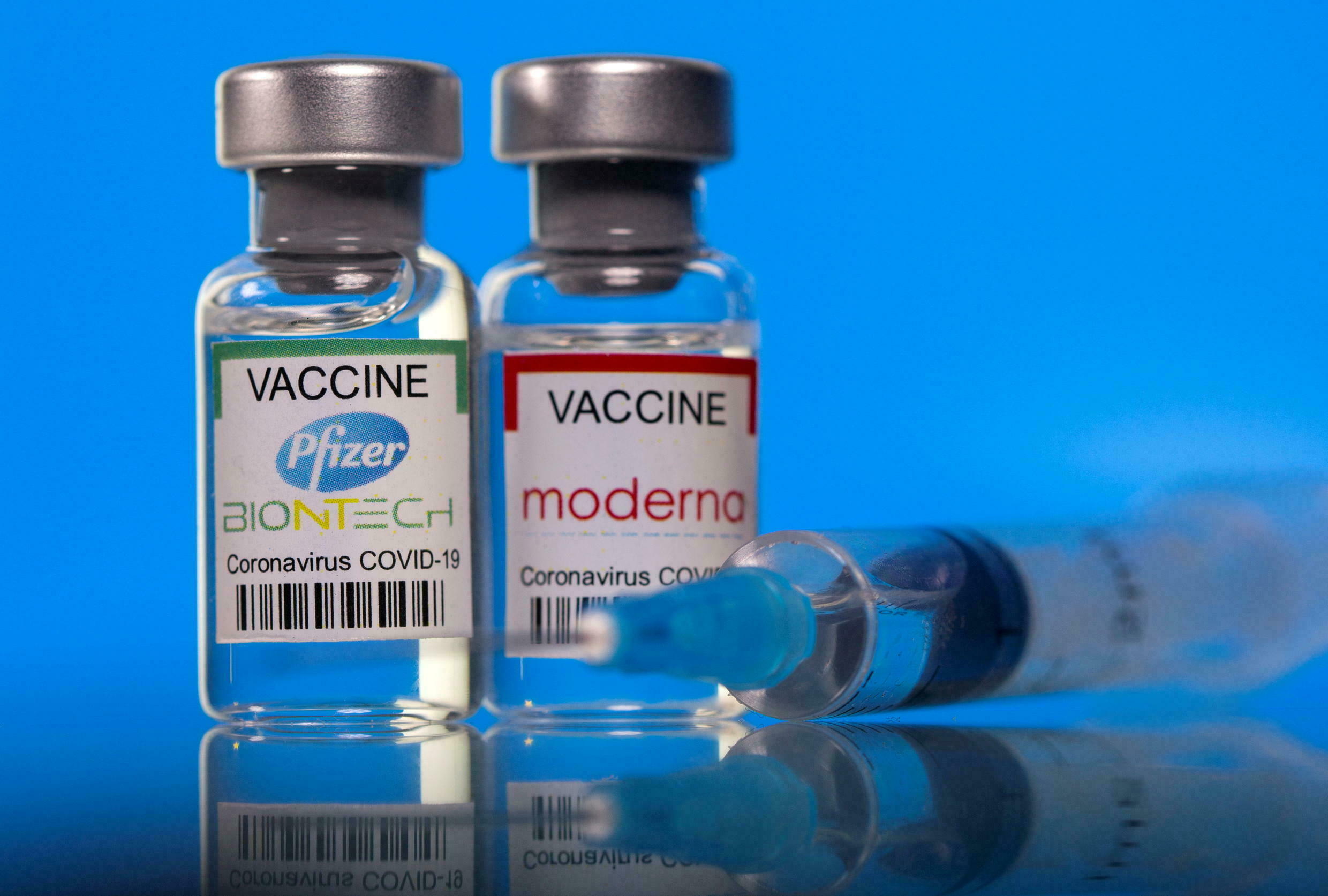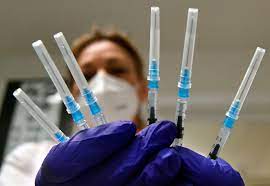Medicine

The real dilemma with the third dose
Although vaccines continue to protect against serious disease, data suggests that some people - risk groups, perhaps the elderly - could benefit from an extra injection. On the scale, however, there is half the planet without receiving a dose.
One of the debates these days is the need, or desirability, for some vaccinated people to receive a third dose. It is a genuine dilemma: the third dose most likely offers some benefit to certain people, if it is confirmed that with the passing of the months the immunity of the second one declines, but at the same time there are dozens of countries where many vulnerable people have not received nor a prick.
The issue has divided experts. Just this week, for example, the British Committee for Vaccination recommended third doses for quite a few people, including all 50-year-old adults. But at the same time a work was published in The Lancet, with WHO experts, saying that they do not seem necessary for the general population, with "the evidence so far", and that highlighted the global dilemma: "Although a third dose may provide some advantage, the benefits of immunizing the unvaccinated are much greater ”.
The key is to measure the magnitude of that certain benefit for certain people. It is necessary to know if vaccines lose effectiveness against infection, and in which people, but above all, if the protection they offer against serious disease also declines. It is the fundamental thing: if the vaccines stop fewer infections, the virus will circulate more, but it will be less of a problem if the vaccinated continue to be safe from becoming seriously ill. Answering these questions with data on the ground is difficult, but the clues arrive and a certain consensus is emerging.
Does protection against symptomatic infection decline?
It looks like it is. Especially among those over 65, according to UK health data, Pfizer's effectiveness goes from initial 80% to 60% after 20 weeks. (AstraZeneca's would drop from 60% to 40%.)
https://elpais.com/politica/2021/09/16/actualidad/1631813712_268030.html
Temas relacionados:
Esta web se reserva el derecho de suprimir, por cualquier razón y sin previo aviso, cualquier contenido generado en los espacios de participación en caso de que los mensajes incluyan insultos, mensajes racistas, sexistas... Tampoco se permitirán los ataques personales ni los comentarios que insistan en boicotear la labor informativa de la web, ni todos aquellos mensajes no relacionados con la noticia que se esté comentando. De no respetarse estas mínimas normas de participación este medio se verá obligado a prescindir de este foro, lamentándolo sinceramente por todos cuantos intervienen y hacen en todo momento un uso absolutamente cívico y respetuoso de la libertad de expresión.
No hay opiniones. Sé el primero en escribir.








